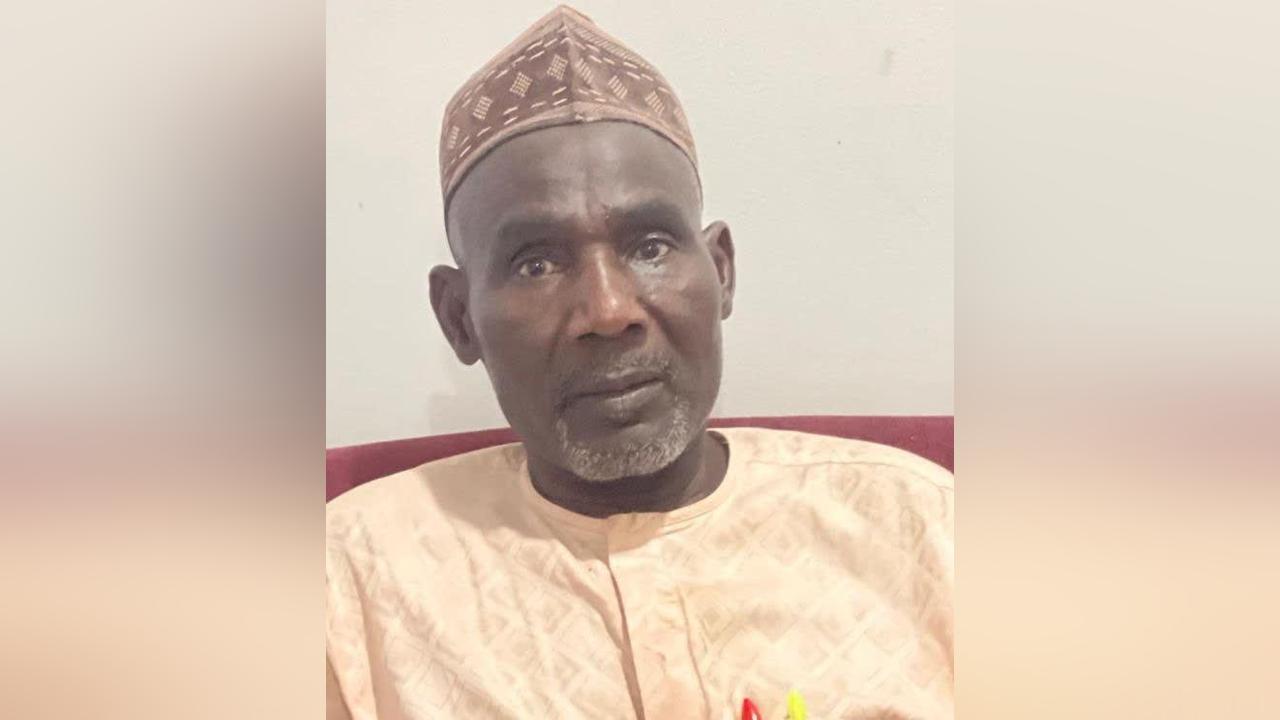By Abba Hamisu Sani
Africa-Press – Nigeria. Dr. Abdullahi Abubakar Gwandu, an economist and lecturer at the College of Business and Management Studies, Kaduna Polytechnic, has urged the Nigerian government to shift its focus from foreign economic models and instead prioritize homegrown solutions to address the country’s economic challenges.
In an exclusive interview with Africa Press, Dr. Gwandu analyzed Nigeria’s economic landscape in the first quarter of 2025, highlighting key issues and prospects for the second quarter.
He also shared his thoughts on the potential impact of recent U.S. tariffs introduced by President Donald Trump on the Nigerian economy.
Excerpts:
Africa Press: The Nigerian economy has been struggling in recent times. As an economist, how would you assess the first quarter of 2025?
Dr. Gwandu: To understand Nigeria’s current economic situation, we must examine the present fundamentals and their implications for the future.
The major issue is that we are still operating a mono-economy heavily reliant on oil, which makes us extremely vulnerable to both internal and external shocks.
We have failed to diversify. Our reluctance to embrace economic reforms that support sustainability continues to hurt us. Secondly, we are overly dependent on imports, including food. That’s why every time the government shuts the borders or bans certain imports, there’s widespread panic—we don’t produce enough to meet our local needs.
Because of these two issues—reliance on oil and over-dependence on imports—Nigeria is more susceptible to global economic fluctuations than many other countries.
Africa Press: How will the recent U.S. tariff policy introduced by President Trump affect Nigeria?
Dr. Gwandu: Although the policy doesn’t specifically mention oil, it imposes a blanket 14% tariff on imports, with no clear exemption for oil. While our oil exports to the U.S. are minimal, the countries that buy oil from Nigeria are also U.S. trading partners. They are now facing economic strain due to this tariff. As they struggle, their demand for Nigerian oil could decline, which would ultimately affect us.
The U.S. remains the world’s leading economy, and any significant policy changes there have global ripple effects. We should not assume we are insulated. If these policies trigger a global economic downturn, Nigeria will not be spared.
Africa Press: What is the way forward for Nigeria?
Dr. Gwandu: The solution lies in economic self-reliance. We must refine our own oil, support local industries, and reduce our dependence on imports. The government should collaborate with domestic refineries like the Dangote Refinery and promote the growth of Nigerian-owned businesses across various sectors.
Africa Press: Recently, the Dangote Refinery exported jet fuel to the U.S. How do you view this?
Dr. Gwandu: It’s a significant development, but even that may be affected by the new U.S. tariffs. Dangote has been exporting fertilizer and other products globally. These exports could face higher costs and reduced demand due to the tariff policy.
Africa Press: Can you shed light on inflation trends in Nigeria from January to March 2025?
Dr. Gwandu: Inflation has slightly decreased, especially in food prices. However, this hasn’t translated into improved living standards. Most Nigerians still don’t have money to spend. Prices may drop, but if people lack purchasing power, their situation doesn’t improve. Income levels have been eroded to the extent that many can’t afford basic necessities.
Africa Press: Are these issues linked to President Tinubu’s economic policies?
Dr. Gwandu: Absolutely. President Tinubu’s policies have had a more immediate impact than those of his predecessor. Consider the hike in fuel prices from N180 to nearly N1,000 per liter—it’s only now stabilizing. Add to that the rising costs of electricity, taxes, and telecom tariffs. These factors have significantly reduced the purchasing power of the average Nigerian.
Even the small incomes people earn are quickly depleted by expenses such as school fees, utility bills, airtime, and bank charges. This leaves very little for food or savings.
Africa Press: As we enter the second quarter of 2025, what advice would you offer to Nigeria’s economic managers and President Tinubu?
Dr. Gwandu: My advice is simple: be patriotic. Put Nigeria first. We must stop relying on external help. No one will build Nigeria for us—we have to do it ourselves. That includes fighting corruption, managing resources responsibly, and investing in our domestic potential. We have enough natural and human resources. What we lack is the political will and accountability.
For More News And Analysis About Nigeria Follow Africa-Press







